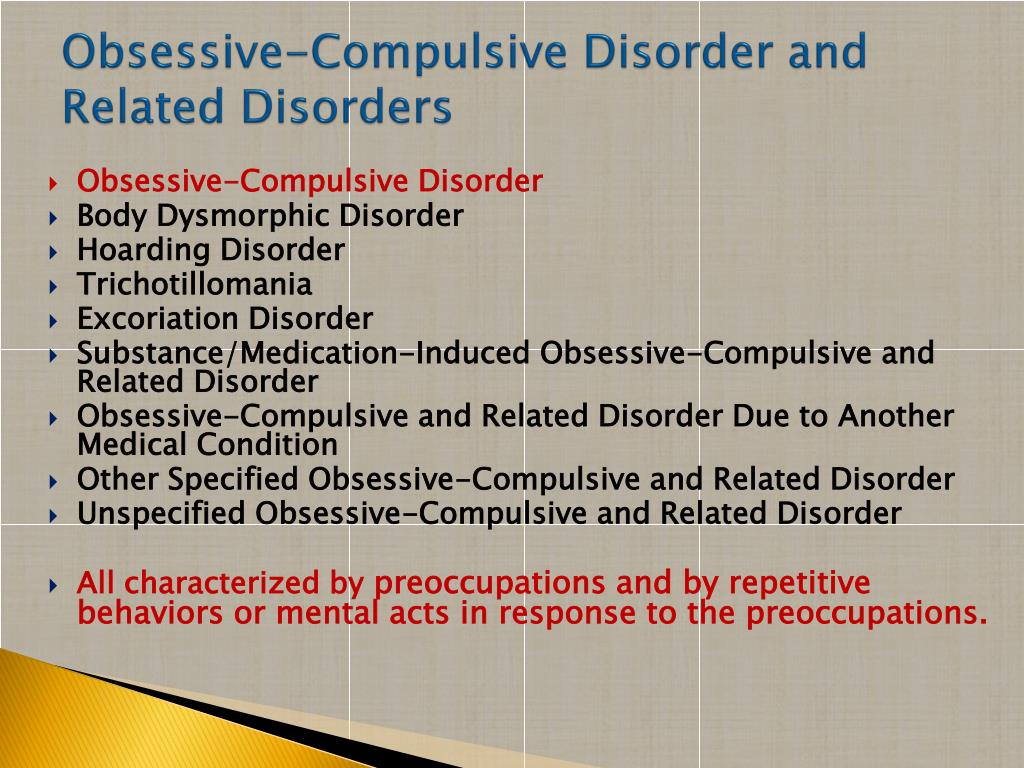

In this case, a thought can be more helpful than anxiety-inducing if you use it to plan ways to mitigate risk when you go shopping. Instead, Bonior suggests thinking about how your thoughts can help you gain insight and strategize.

If you need to go to the grocery store regardless, it’s not helpful to spiral about what might happen there. That’s where “Is this helpful?” comes in. “Even if there’s truth to a thought-like there’s a chance of infection if you go to the grocery store-not all thoughts that are partly true are functional and helpful.” “Because our anxiety baseline is so high right now, for understandable reasons, we are overestimating threat and falling into all-or-nothing thinking,” she tells SELF. In cases like that, you have to remind yourself that there’s still a spectrum of truth, according to Andrea Bonior, Ph.D., licensed clinical psychologist and author of Detox Your Thoughts: Quit Negative Self-Talk for Good and Discover the Life You’ve Always Wanted. Sometimes, fact-checking can lead to more anxiety because, well, you’re just finding proof to support your worries or there are too many uncertainties to make a strong argument against your anxieties. If you’re anything like me, when you hear, “Not all thoughts are true,” your first thought is, BUT WHAT ABOUT RIGHT NOW IN THE MIDDLE OF THE PANDEMIC? Because let’s face it: A lot of our current anxieties are more grounded in reality than they typically would be. Switch from asking, “Is this true?” to “Is this helpful?” (In fact, I actually think it might give me new opportunities to try, but that’s another story.) 3.

These days, that looks like, It’s understandable that my feelings of loneliness have exploded under the circumstances, but I have no reason to believe the pandemic will impact my ability to find love in the long run. When I catch myself anxiously thinking, I’m going to die alone!!! I try to reframe it as a factual statement instead of an emotional one. For example, a lot of my anxieties lately revolve around the loneliness of isolation as a single person. This tip can also look like separating objective facts from emotional opinions. Many cognitive distortions push us to believe thoughts that straight-up aren’t true, so try to get in the habit of asking yourself, “What’s the proof that I have for this thought?” This will hone your ability to better identify and quickly shut down the lies your anxiety tells you, says Galanti. Plus, avoiding a thought instead of facing it head-on can often make you more anxious, says Galanti, so the act of acknowledging it by writing it down can be anxiety-reducing in and of itself. Not only will this give you something solid to work with when it comes time to reframe, but it also can provide you with a log of what kind of thinking patterns you tend to fall into over time. “When you catch yourself feeling a strong emotion like anxiety at the pit of your stomach, stop yourself and ask, ‘What am I thinking right now?’ Then write it down,” says Galanti. If reframing your thoughts is a new skill for you, awareness is an important first step. In order to reframe your thoughts, you have to know what you’re thinking to begin with. With that in mind, here are some things you can try.
ANXIOUS OBSESSIVE THOUGHTS TRIAL
Reframing your thoughts in a way that feels helpful and believable to you is a deeply personalized experience, so it might take some trial and error. Keep in mind that certain tips will be more helpful in one situation than another, and what works best for someone else might not help you as much. So let’s talk about a few different answers to that question. We’ll get into some specific examples throughout the article, but the important thing to know up top is that when our emotions get involved, our brains can turn into annoying liars and warp reality, making us feel worse. As humans with feelings and anxieties, we often fall into the habit of assuming that our thoughts are automatically true when, in fact, we’re all susceptible to unhealthy and unhelpful thought patterns known as cognitive distortions. And while there’s a lot we can’t control right now, if you’re someone drowning in a sea of anxieties, learning to reframe your thoughts is a great place to start easing the burden just a little.īefore we dive into what that means, let’s talk about why “reframing our thoughts” is needed in the first place. Luckily, there’s a wide range of therapeutic mechanisms out there we can equip ourselves with to cope with existential anxious thoughts.
ANXIOUS OBSESSIVE THOUGHTS HOW TO
In a time when our existential anxiety is running wild-thanks, coronavirus pandemic-many of us have been scrambling to learn how to deal.


 0 kommentar(er)
0 kommentar(er)
